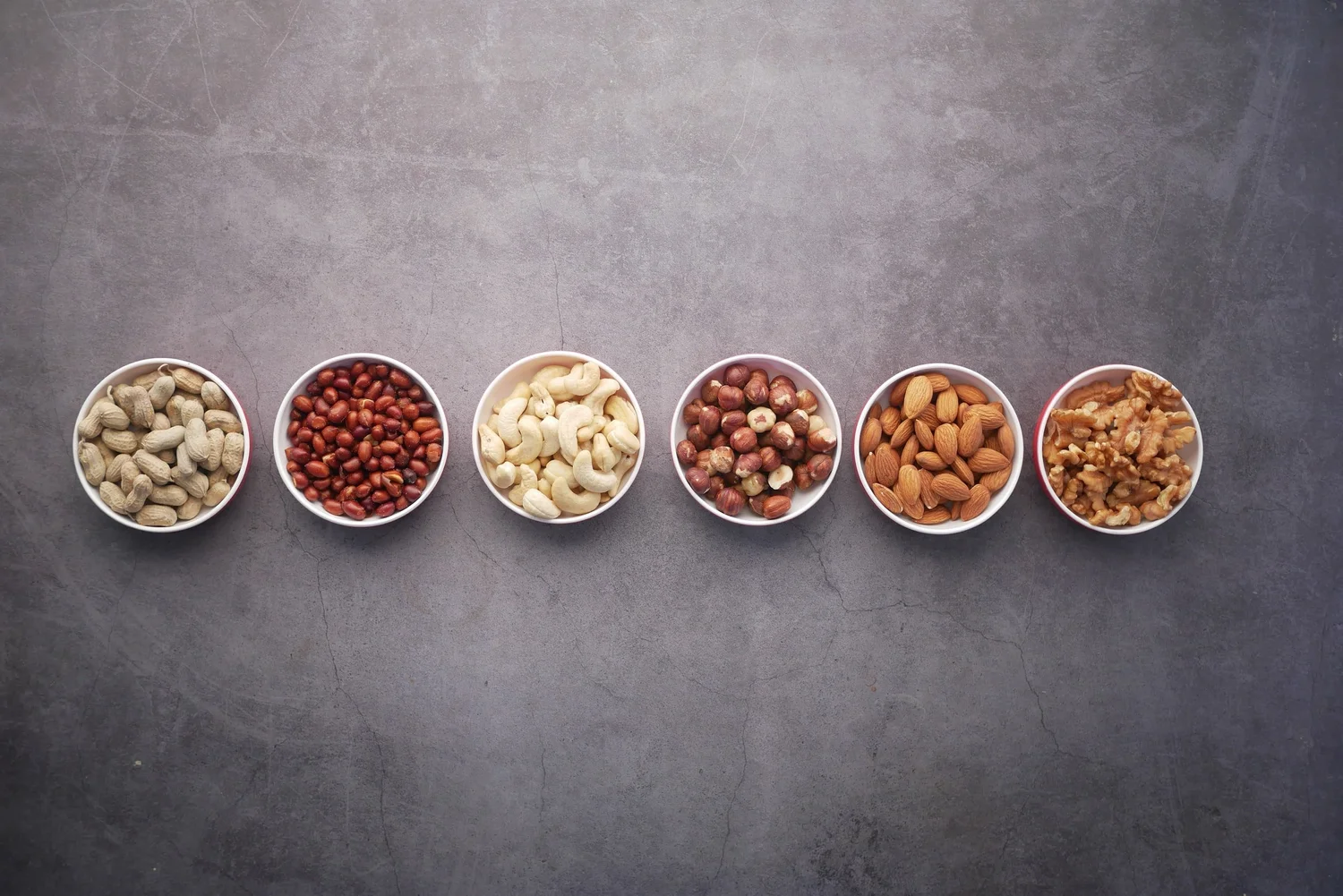Knowing how much protein to consume can be difficult. The recommended dietary allowance (RDA) is 0.8g per kg of body weight, but this is a guideline for the intake sufficient to meet the nutrient requirements of nearly all healthy people, meaning it is a very general guideline. It has been suggested that this amount is not an appropriate amount for training athletes to meet their daily needs.

What is Protein?
In the human body, proteins are a part of every cell and tissue, including our muscles. Our bodies are constantly recycling proteins on a daily basis. The proteins that we eat in our diet can be used to replace broken-down proteins in order to maintain balance. Proteins contain essential and non-essential amino acids.
Amino acids are the building blocks for all our proteins in the body. Essential amino acids are those that our body cannot make on its own and thus, these amino acids must come from the foods we eat. A complete protein is named just that because it will contain all of the essential amino acids our body needs to repair and grow. These proteins sources are animal-based and include meat, poultry, fish, eggs and cheese. Foods like rice and dry beans also contain protein, but may not have all the essential amino acids our bodies need.
However, when combined together, these two foods can provide adequate amounts of all the essential amino acids.
Protein can be found in relatively high concentrations in the following foods:
• meats, poultry, and fish
• legumes (dry beans and peas)
• tofu
• eggs
• nuts and seeds
• milk and milk products (cheese and yoghurt)
•grains, some vegetables and some fruits

Recommended Protein Consumption
In general, it is recommended that 10-35 percent of your daily energy intake comes from protein. If you consume 2,000 calories per day, this would work out to be between 200 to 700 calories of protein per day. The recommended daily intake (RDIs) can also be calculated by a person’s body weight. The Academy of Nutrition and Dietetics recommends that the average individual should consume 0.8 grams of protein per kilogram or 0.35 grams per pound of body weight per day for general health. So a person that weighs 75 kg (165 pounds) should consume an average of 60 grams of protein per day. Since there are approximately four calories per gram of protein, 60 grams of protein would result in an intake of 240 calories.
However, as we age, we need to increase our protein intake. Around 50 years of age, we need to increase the protein in our diets to one gram per kilogram of our body weight to maintain muscle mass. People that exercise regularly also need to eat more protein than the recommended daily intake. To increase muscle mass in combination with physical activity, it is recommended that a person that lifts weights regularly or is training for a running or cycling event eat a range of 1.2-1.7 grams of protein per kilogram of body weight per day, or 0.5 to 0.8 grams per pound of body weight.
Consequently, the same 75-kilogram individual should increase their protein intake from 75 grams (300 calories) to 128 grams (512 calories) in order to gain muscle mass. This level of intake can generally be met through diet alone and without additional protein and amino acid supplementation.

When Should I Consume My Protein?
The process of protein turnover is increased with resistance training and can remain elevated for up to 48 hours in people beginning a new resistance training program. Therefore it is important to provide enough energy including protein so there is a sufficient pool of amino acids available to repair and build new muscle.
Of course, you do not want to exercise on an empty stomach. In fact, exercising in an unfed state leads to an increase in protein loss making it more difficult for the body to both repair and build muscle. Research suggests there are several benefits to pre-exercise protein supplementation. Pre-exercise protein supplementation helps to improve body composition by increasing resting energy expenditure up to 48 hours after exercise.
This is important because it suggests that pre-exercise protein ingestion will not only help increase lean muscle mass and thus strength but will also simultaneously reduce fat mass. Research also suggests there may be an “anabolic window” such that protein intake within an hour of exercise has the greatest influence on resistance training adaptations.
Summary
Protein supplementation has been shown to improve muscle building with regular exercise training. A diet based on the current protein intake recommendations may be achieved through a balanced diet and does not require additional supplementation. The benefits of resistance training and protein timing are not limited to sports performance or improving physique but can also delay the onset of age related muscle loss and help preserve muscle mass and strength in the elderly helping to maintain independence and quality of life.
-Credit to the ACSM website.


